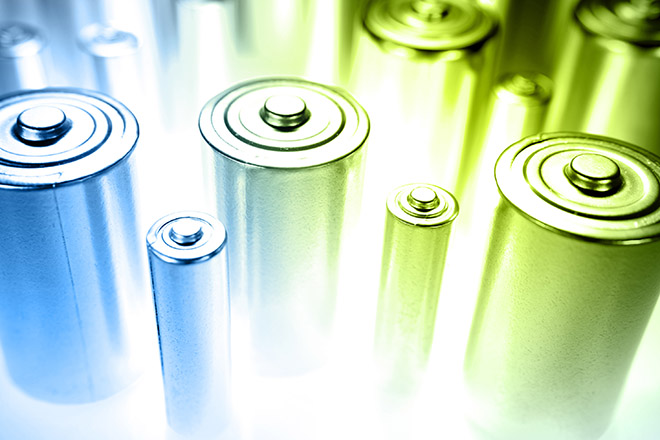Detroit-based Wirtz Manufacturing, which provides equipment design and technology for the lead-acid battery market, has invested in nickel-zinc (NiZn) battery maker ZAF Energy Systems.
ZAF plans to use the investment to expand manufacturing capacity at its Joplin, Missouri facility from hundreds of batteries a month to thousands. The battery maker hopes the investment in a full production line will allow its partners to validate the quality and throughput of the NiZn technology for commercially-scaled factories, which ZAF expects to begin building out in 2019.
ZAF President and CEO Randy Moore said, “We’re seeing our technology perform well in rigorous battery performance testing by major commercial trucking, telecommunications, and large-scale data storage companies.”
The investment by Wirtz follows a $600,000 commitment ZAF received last year from Missouri’s Department of Economic Development Fund. ZAF is using these investments to hire employees, expand production, and forge partnerships. It hopes this additional production capability will enable it to accelerate licensing and negotiations and commercialize its NiZn batteries on a global scale.
ZAF has created a proprietary electrolyte and zinc electrode formulation that it says greatly reduces zinc electrode solubility. In the Ni-Zn battery system, zinc is partially soluble in the alkaline electrolyte and dissolves to form zincate anions. This process can lead to shape change, loss in capacity, and dendritic growth.
ZAF’s engineered negative electrode contains nucleation and migration stabilization additives that work symbiotically with a novel electrolyte to stabilize the zincate ion. This mitigation strategy increases the cycle life of the Ni-Zn battery, while maintaining a greater amount of the initial capacity.
ZAF’s negative electrode is primarily composed of zinc oxide that is doped with nucleation, migration stabilization, and hydrogen suppressant additives. The zincate nucleation additives are engineered to maintain a stable zinc structure throughout the life of the electrode. The migration stabilization additives work symbiotically with ZAF’s electrolyte to stabilize the zincate ion. The hydrogen suppressant additives minimize gassing, which reduces dry-out in the battery.
The electrolyte is composed mostly of water, potassium hydroxide, and zinc stabilization additives. It acts as the strands in a net encapsulating the zinc electrode. For the net to be effective, anchors must be engineered into the negative zinc electrode by way of the migration stabilization additives.
ZAF’s positive electrode is primarily composed of nickel hydroxide and conductive aids. Historically, carbon has been used in large quantities in the positive electrode as a conductive aid. However, ZAF says it has been able to eliminate carbon from the electrode, thereby mitigating failure modes associated with carbon corrosion. The ZAF positive electrode is a robust electrode with high utilization over a broad range of current densities.
Source: ZAF Energy Systems via Green Car Congress


















































































